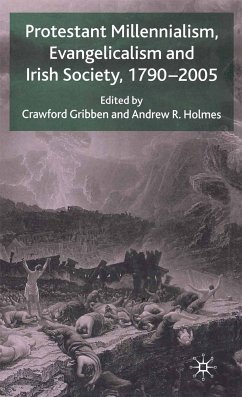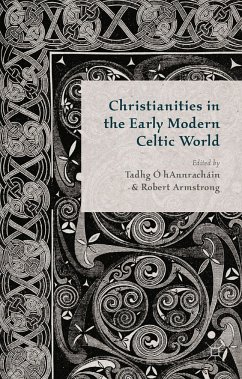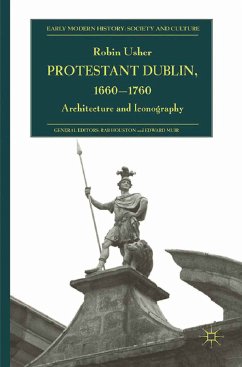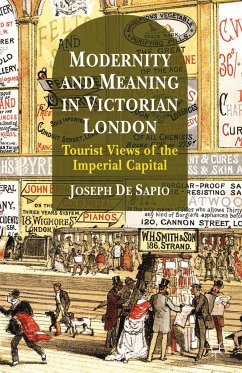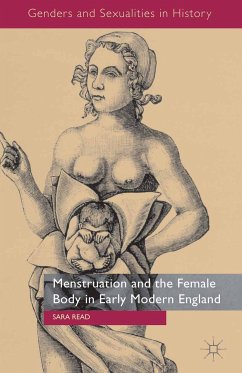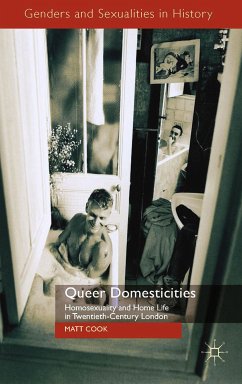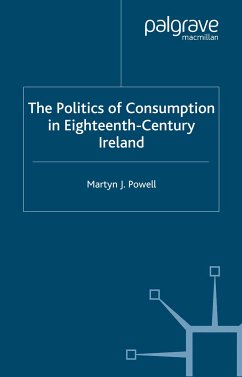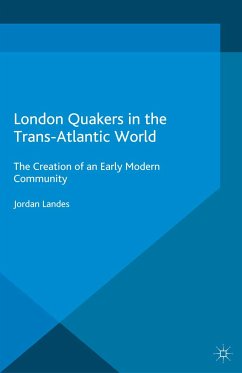
London Quakers in the Trans-Atlantic World (eBook, PDF)
The Creation of an Early Modern Community
Versandkostenfrei!
Sofort per Download lieferbar
40,95 €
inkl. MwSt.
Weitere Ausgaben:

PAYBACK Punkte
20 °P sammeln!
This book explores the Society of Friend's Atlantic presence through its creation and use of networks, including intellectual and theological exchange, and through the movement of people. It focuses on the establishment of trans-Atlantic Quaker networks and the crucial role London played in the creation of a Quaker community in the North Atlantic.
Dieser Download kann aus rechtlichen Gründen nur mit Rechnungsadresse in A, B, BG, CY, CZ, D, DK, EW, E, FIN, F, GR, HR, H, IRL, I, LT, L, LR, M, NL, PL, P, R, S, SLO, SK ausgeliefert werden.



